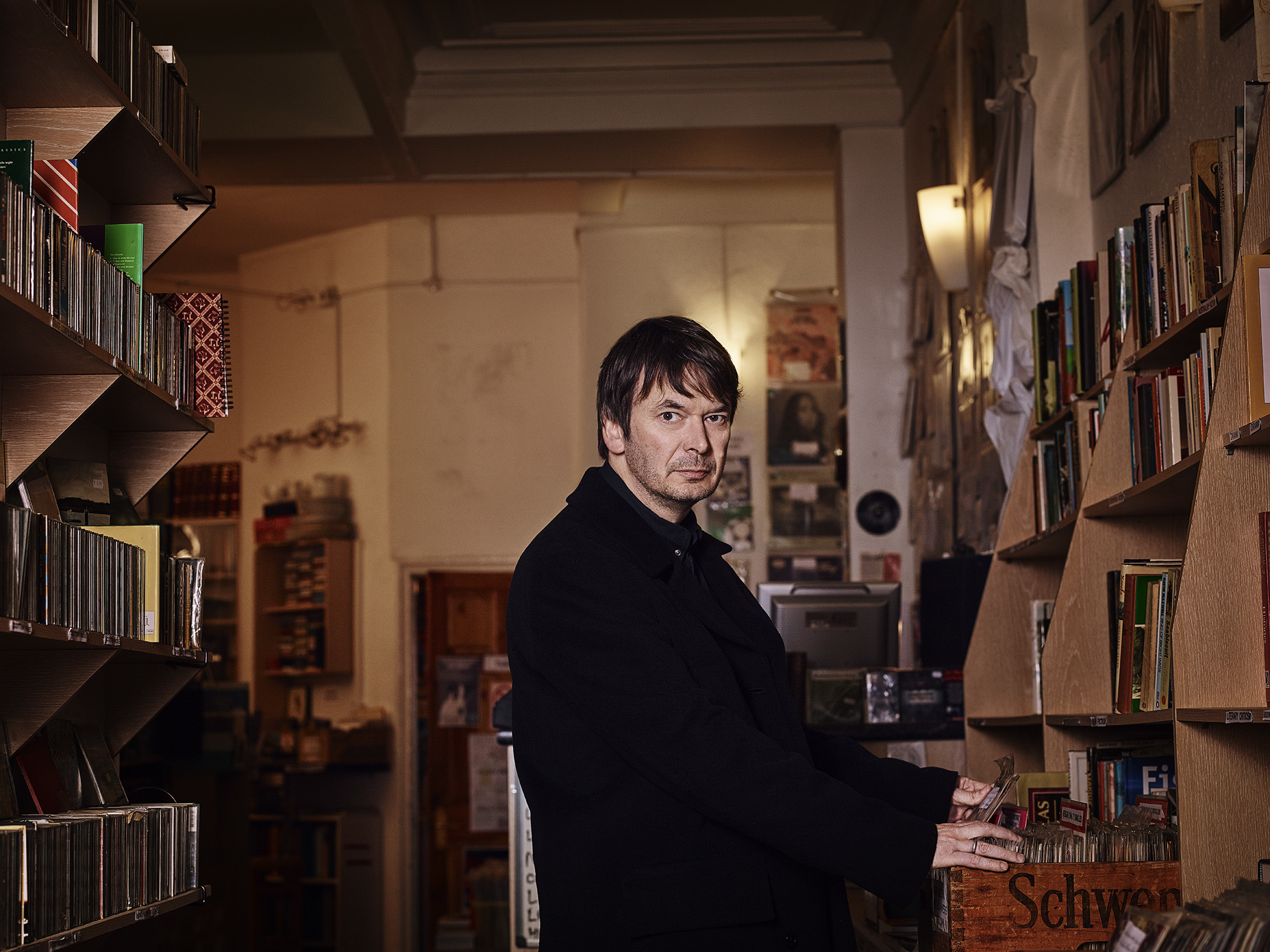Dundee University is to offer a new course that will provide budding crime writers with hands on training in forensic science.
The MLitt in crime writing and forensic investigation course will not only explore crime fiction, but help writers achieve greater verisimilitude by teaching them about the history of forensic science and its application today, both when solving crimes and as evidence in court.
The course will being in September this year and is being run as a collaboration between the university’s School of Humanities and its world-leading Centre for Anatomy and Human Identification.
Dr Aliki Varvogli, an expert on contemporary American fiction and the crime genre at Dundee University, said: “From the School of Humanities students there will be a course on creative writing that every creative writing student has to do and a second called Dissecting Writing specifically about the forensic crime novel.
“Then there are courses on the history of detective work and the development of forensic investigation. People will learn about how they did things in the 19th century, in India, the US and elsewhere.
“In the Centre for Anatomy and Human Identification they will take a course where they will learn about forensic science and one of the most exciting things is they will learn about how forensic evidence is used in a court of law and how witnesses are called.”
Dr Varvogli added the success of writers like Ian Rankin and Val McDermid has created more interest in crime fiction in Scotland than ever before.
She said : “Crime fiction is the most popular genre in Scotland and the most borrowed books from libraries are crime novels.”
And she said that like science fiction, the crime genre is becoming more accepted as serious literature by critics.
Award-winning writers like Paul Auster have used genre tropes while Marlon James’ sprawling crime novel A Brief History of Seven Killings, which focuses on the attempted assassination of Bob Marley in Kingston, won the Booker Prize.
“These distinctions (between genres) no longer matter,” she said.
The new course will be officially launched on June 14 with a seminar in the university’s Dalhousie Building.
As well as introducing the new course, the event also welcomes Professor Ian Burney (director of the Centre for the History of Science Technology and Medicine at the University of Manchester) to talk about his recent book Murder and the Making of English CSI, and Dr Nicholas Duvall from Edinburgh University, who will respond to Professor Burney’s talk and discuss the Scottish perspective on crime and fiction.
Dundee University has pioneered a number of unusual courses.
In 2011, it broke new ground when it offered the UK’s first Masters degree in comics, building on “strong local traditions” in the comic book industry.










